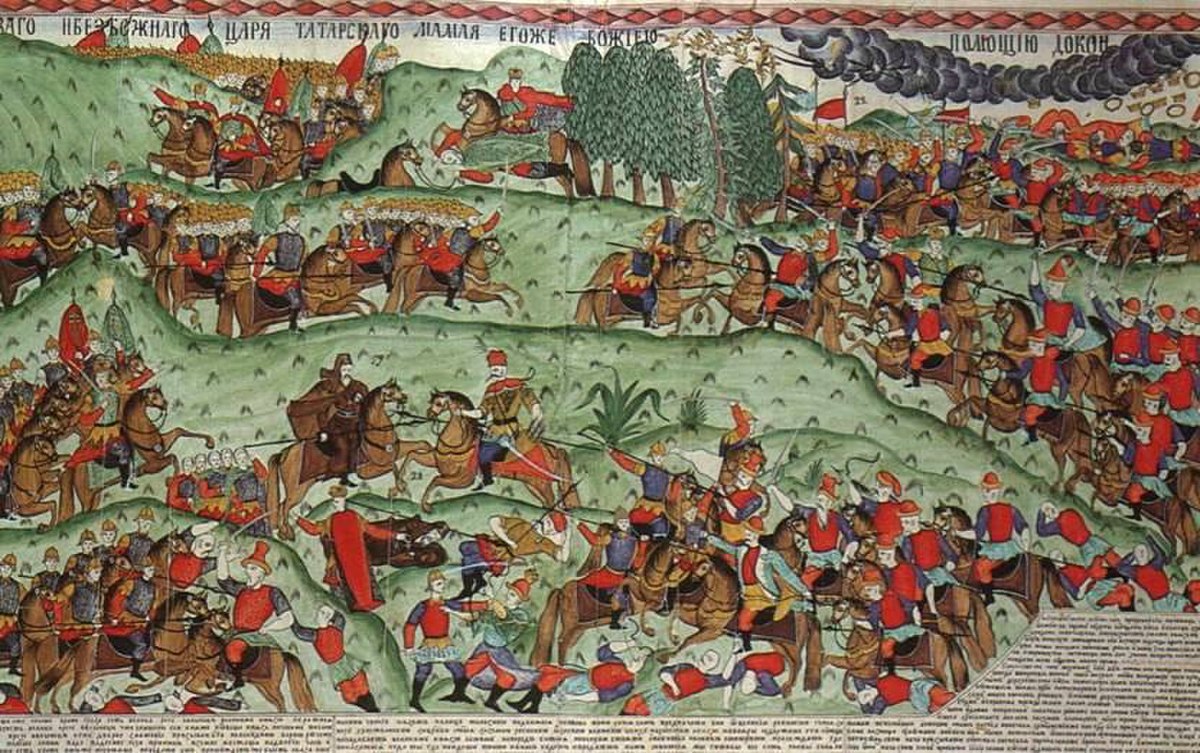
Great Troubles
Volga River, RussiaDuring Özbeg Khan's reign (1313-1341), the Golden Horde reached its zenith, benefiting from flourishing overland trade from the Black Sea to Yuan dynasty China. Özbeg's adoption of Islam did not hinder the support of the Orthodox Church, as it was exempt from taxes. The Turco-Mongolian population in his realm gradually assimilated into the Tatar identity.
Tax collection from Rus' principalities, initially managed by Golden Horde officials like the darughachi or basqaq, later transitioned to Rus' princes. By the 1350s to 1382, the basqaq system was phased out, as indicated by its last references in the Ryazan Principality.
The Golden Horde wielded influence over Rus' politics, often granting the title of Grand Prince of Vladimir to favored Rus' princes as a tactic to maintain control and manage rivalries. During the mid-14th century, external powers like Algirdas of Lithuania engaged with the Horde's politics, influencing regional dynamics.
The mid-14th century brought calamities to the Horde, including the spread of the Black Death and the fall of several Mongol khanates. The death toll from the pandemic was significant in both the Horde's ranks and among the Rus' population. Özbeg Khan's death in 1341 marked the beginning of a period of instability and frequent regicides within the ruling dynasty. This era, known as the Great Troubles, saw a rapid succession of khans and internal conflicts.
From 1360 to 1380, the Golden Horde experienced intense internal strife. During this time, various factions controlled different regions, and Rus' principalities often shifted allegiances. The Battle of Kulikovo in 1380 was a key moment, as Muscovite forces defeated a Mongol army, signaling a shift in power dynamics. However, the Mongol authority was reasserted by Tokhtamysh, who defeated Mamai at the Battle of Kalka River in 1381 and became the undisputed khan.
In 1382, Tokhtamysh's siege of Moscow was a punitive measure against Muscovy's challenge to Horde authority. Despite Muscovy's emergence as a prominent Rus' state, this event reinforced the Horde's suzerainty. The subsequent years, marked by the Tokhtamysh-Timur war, saw the decline of the Golden Horde's power, shifting the regional balance.
